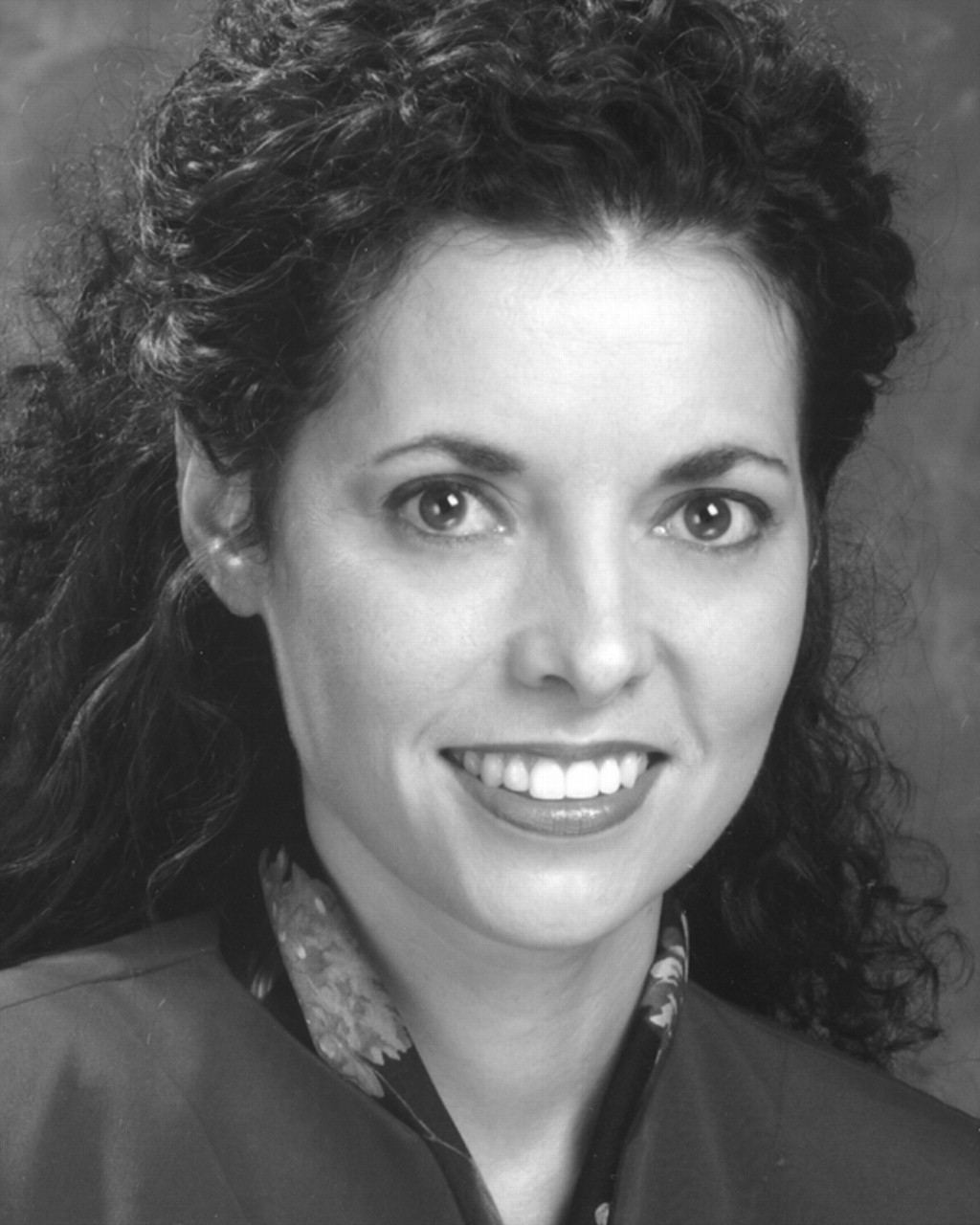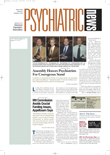Candidate’s Views
Nearly 10 years ago, one of my Native-American elders told me, “You have many gifts. Use these for your people.” His words helped me view life as a journey, each step preparing me for greater contributions to my community. Since 1993 I have developed programs for substance abuse treatment, preconception health promotion, and birth-defects prevention in rural, predominantly Native-American communities. These efforts resulted in $1 million in grant funds over two and a half years. It is in that spirit of energy, creativity, and leadership that I hope to serve as member-in-training trustee-elect (MITTE) on the APA Board of Trustees.
After four and a half years in pharmaceutical research, graduate studies looking at the link between prenatal alcohol exposure and juvenile crime spawned my concern for culturally based, gender-sensitive mental health policy. Later, during medical school at the University of North Carolina, those interests led to diverse experiences, from a 1997 internship with “Good Morning America” to a 1998 American Medical Association government relations internship with a lobbyist in Washington, D.C. Since 1999 I have served as a board member of the National Organization on Fetal Alcohol Syndrome, often being asked to review health and human services legislation. I have also served as an expert grant reviewer for the U.S. Bureau of Maternal and Child Health. Such insights have tempered my spirit of grass-roots activism, refining my abilities in national level advocacy—potential assets if elected MITTE.
Our field faces three immediate challenges today: prescribing rights of psychologists, mental health parity, and funding of psychiatric services. These issues speak to a disparity of mental health care between rural and urban areas, as well as inequities between the insured and uninsured. In my view, recruiting medical students into psychiatry and residents into community mental health are major strategies that would minimize the need for psychologists as “physician extenders.”
Since deinstitutional reforms over the past 30 years, community mental health programs have been ill equipped to handle the complex needs of people with severe psychiatric illness. Particularly in this era of managed care, individuals in most need of services often have the least resources. These problems are due, in part, to a lack of legislative response on behalf of affected individuals—perpetuated by limited public understanding of the link between medical and mental disorders.
Perhaps more than any other time in history, the tragic events of September 11, 2001, have awakened public interest in the impact of psychiatric disorders on societal health. Now is the time to begin building alliances to advocate for more comprehensive mental health coverage. It is also an opportunity to promote the field of psychiatry as a rewarding career for aspiring physicians—to meet the growing demand for mental health providers, especially in underserved areas.
If elected MITTE, I would work within the APA Board of Trustees with the following aims:
To help develop a national media campaign to emphasize the impact of mental illness on public health.
To lobby for legislation to ensure broader coverage of psychiatric services.
To formulate recruitment and retention strategies for highly qualified U.S. and international medical graduates.
To ensure equality in residency training programs’ commitment to pending reforms in work hours.
To empower leadership through grant funding for psychiatry residents in national mental health policy.
As MITTE, I hope to help generate strategic, proactive measures to meet the challenges and exciting opportunities of 21st-century psychiatry. Being a resident at Georgetown University would enable me to easily attend APA Board meetings across town. In turn, hopefully such a role would prepare me for greater future-leadership responsibility in APA.
Primary Loci of Work and Sources of Income
Work:
50%—Georgetown University Hospital, Washington, D.C.
50%—Veterans Affairs Medical Center, Washington, D.C.
Income:
85%—Georgetown University Hospital, Washington, D.C.
15%—Consulting (grant writing, program development)

